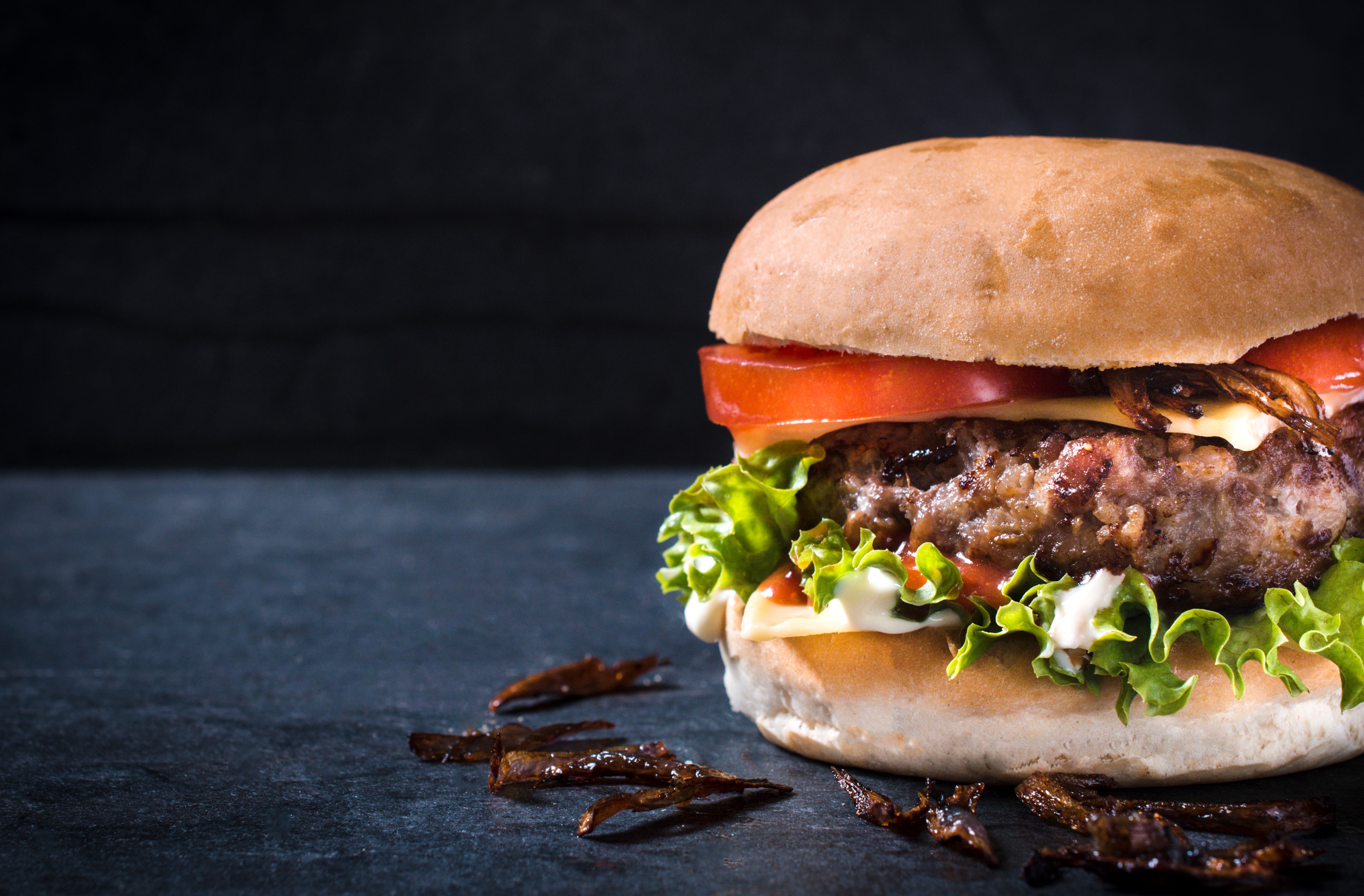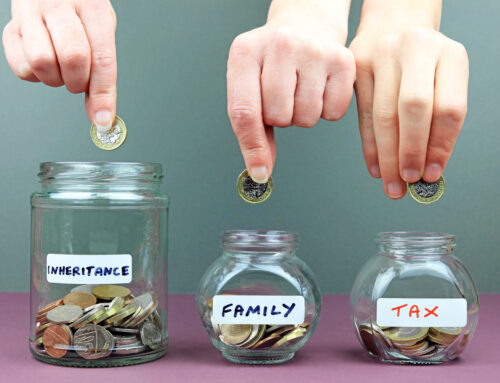As I was reminded when I ordered my lunch today at Amsterdam International Airport, prices vary depending on location. McDonald’s knows that demand for a quarter pounder meal (plus an ice cream cone for afters), relative to supply, is higher at airports – particularly once you’re through security. Lunch costs around double what it would’ve done had I bought from Amsterdam city centre. But, I’m sure you don’t need me to tell you that things are more expensive at the airport, or about the theoretical arbitrage opportunities these pose; if you were to buy Big Macs in your local town in the UK for £3.19 each and drive to the nearest airport to sell them for £6, you’re going to make an arbitrage profit.
As a reminder, arbitrage simply means to buy something on one market, and immediately sell it on another market for a profit, exploiting price differentials between markets. Arbitrage can be incredibly simple, such as our Big Mac example, or it can be more complex.
For example, a “cash and carry” involves the purchase of an asset which is undervalued relative to the price of its future, and the simultaneous sale of the overvalued future. You will then be able to deliver the undervalued asset for the overvalued future’s price, locking in a profit.
A “reverse cash and carry” is the opposite – it involves the purchase of a future which is undervalued relative to its underlying asset, and simultaneously short-selling the overvalued underlying asset. You will then buy back your underlying asset lower future’s price, again locking in a profit.
“Relative value” is an arbitrage strategy popular with hedge funds, that involves researching a particular market (for example, airline equities) and finding one under and one overvalued stock (relative to the market, not to one another). You buy the undervalued and short the overvalued, and make profit when the market realises its mistakes, and the undervalued rises and the overvalued falls.
I’m using a term here you’ve probably heard on TV: “short-selling”. You need to know what this involves. It does not involve buying a put option, although a similar effect is achieved – you still make money if the asset falls in value. You are still “betting against”. Short-selling is where you BORROW – not buy – an asset such as an equity, typically from an investment bank or broker. You immediately sell it on the market at the current market price, expecting it to drop in value. You pay the investment bank interest on the loan of the shares. You then need to buy back the asset in the market to repay the bank. If the stock has fallen in value, you buy it back cheaper than you sold it for, repay the bank, and pocket the difference between the buy and sell prices.
This reads a lot more complicated than it actually is, and the concept is best demonstrated with an example. Let’s say for a moment I thought Facebook shares were going to fall in value over the next 6 months, and I want to profit on this. I approach my bank and I BORROW – not buy – 1000 shares. I sell them for $150 each, totalling $150,000. So at this point, I have $150,000 in cash. The shares have been sold. I will need to pay the bank interest on the loan of the shares at whatever rate was agreed, and I will eventually have to buy back the shares to repay the loan. But let’s say I’m right, and Facebook shares tumble by 20%, from $150 to $120, over the next few months. I then buy them back (“close my position”) for a total of $120 x 1000 shares = $120,000… But, I sold the shares originally for $150,000. So at this point, I have 1000 Facebook shares, plus $30,000 in cash. I give the shares back to the bank, and I pocket the $30,000 as profit, accounting for any interest due on the six month loan of the shares.
Beware: short-selling is a high risk, limited gain, unlimited loss strategy.
Gains are limited. The maximum I could’ve potentially gained from this deal is $150,000. This would’ve happened had Facebook gone out of business and its shares became worthless. With no value to the shares, there would’ve been nothing to give back to the bank, and I would’ve pocketed the full $150,000 I had earlier sold the borrowed shares for.
Potential losses, however, are unlimited. This is because, theoretically, there’s no limit to how high Facebook’s shares could climb. Let’s say I was wrong, and the shares jumped up to $200. I’d have had to go back into the market and rebuy the shares at $200 x 1000 shares = $200,000, giving me a total loss on the position of $50,000.
What if the shares jumped to $1m each? Unlikely, but theoretically possible. I’d need to buy them back for $1m x 1000 = £1bn: a loss of £999,850,000. Plus interest.
But, going back to arbitrage, I recently heard an argument that the biggest arbitrage on the planet is occurring every day in banks. Not investment banks. Retail banks. Why? Because they pay a pittance interest to savers (market A) and then lend the money out to borrowers for rates much higher than this (market B). This perspective is controversial: after all, while money is its own commodity, banks add value by selling their various services. It’s not all about the price of money.
Additionally, banks and their savers are assuming different levels of risk: a bank is often a big, heavily regulated institution with strict rules about capital adequacy and conduct. Consumers then have the FOS and FSCS to provide additional protection against default. Retail borrowers cannot offer the same security. The bank is taking the higher risk, for which it will understandably demand compensation. It needs a risk premium.
Let’s circle this round to Big Macs. In Amsterdam, a Big Mac Combo meal costs €7.25. I’m using Combo Meals rather than burgers alone due to a limited internet connection restricting available data. In the UK, this is £4.29. However, if a Big Mac only costs £4.29 in the UK, on the basis of the current exchange rate of £1 to €1.12, our £4.29 meal should cost €4.80 – but it doesn’t. It costs €7.25.
However, if we’re to assume that the Forex spot rates are at fair value, we can conclude that Big Macs in the UK are undervalued relative to Big Macs in the Netherlands. This presents an arbitrage opportunity: Buy 20,833 Combo meals in the UK for £100,000. Ship them over to Amsterdam. Sell them for €151,039.25. Then, convert the Euros back to Sterling for £134,856.47, to give a tidy arbitrage profit of £34,856.47.
Now, if only we could solve the problem of how to ship them over… That is for the next blog!






